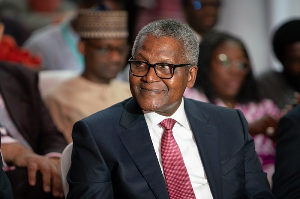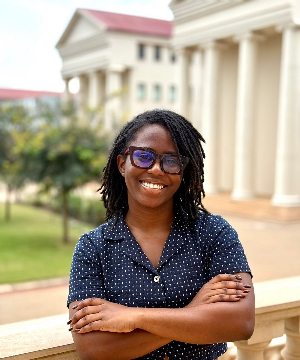Executive Director for the Institute for Education Studies (IFES), Peter Anti says improper distribution of infrastructure in Senior High Schools is the cause of congestion, especially in schools considered grade A.
According to him, the unfair distribution always causes the schools in other categories to suffer when these grade A schools already have the social capital and to an extent adequate resources.
“We can partially blame infrastructural challenges as a problem of the free SHS hence the double-track system. Because every parent wants their children to have all the advantage they can get, it boils down to how we distribute resources to our schools.
Why should you give Achimota secondary school 8 computers and give another school in a rural community somewhere 2 computers when you have 10 in stock? Achimota may already have some computers whilst the other school has none. Achimota also has the social capital to get more computers and this means schools in rural communities must get more computers”.
On his authority, his problem with the current administration is “they started developing infrastructure in schools but the development went to the grade A schools whilst they ignored our so-called grade C schools which is a wrong approach”.
He noted that if the distribution of resources to Senior High Schools are done equally and with a special focus on schools in rural communities and less endowed ones, pressure on a few schools will be reduced and eventually eliminate the double-track system.
“We need to look at our own education resource distribution as a policy and look at how we can elevate these schools to compete with the other big names. Just like ex-President Kufuor did, secondary schools in various districts across the country must be developed, resourced and elevated to state of the art schools which can compete with grade A schools and this will solve most of the problems we have”, he told Samuel Eshun on the Happy Morning Show aired on e.TV Ghana and Happy 98.9 FM.
He believes with this done, parents will rather their kids attend schools in their communities than transport them over long distances to so-called big schools for quality education, “and this will remove the tracking system”.
Peter motioned that countries in Sub-Saharan Africa invest so much in education but 44 percent of money invested into the sector “goes waste”. “We invest a lot in education but we waste that money. Instead of building an additional school for a district, we should rather use the money to develop the existing schools, increase their capacity which will eventually increase their intake. If this is done, most of the problems we face now will be solved and that is the model we need government to focus on,” he insisted.
Various stakeholders including the IFES have supported NAGRAT in its call for a national stakeholder engagement to analyze and review the Free Senior High School (SHS) policy.
They all believe this is the only sure way to improve upon the system.
General News of Friday, 7 May 2021
Source: etvghana.com













